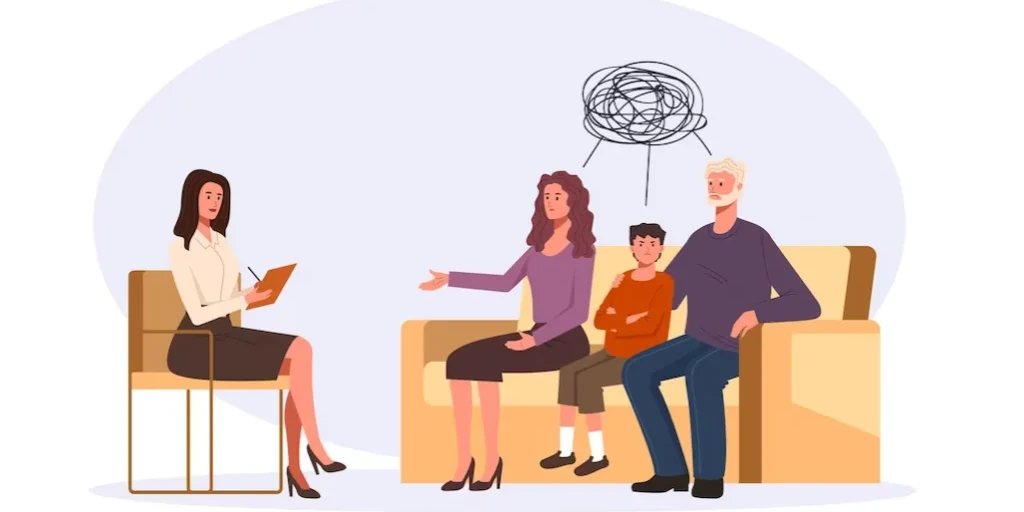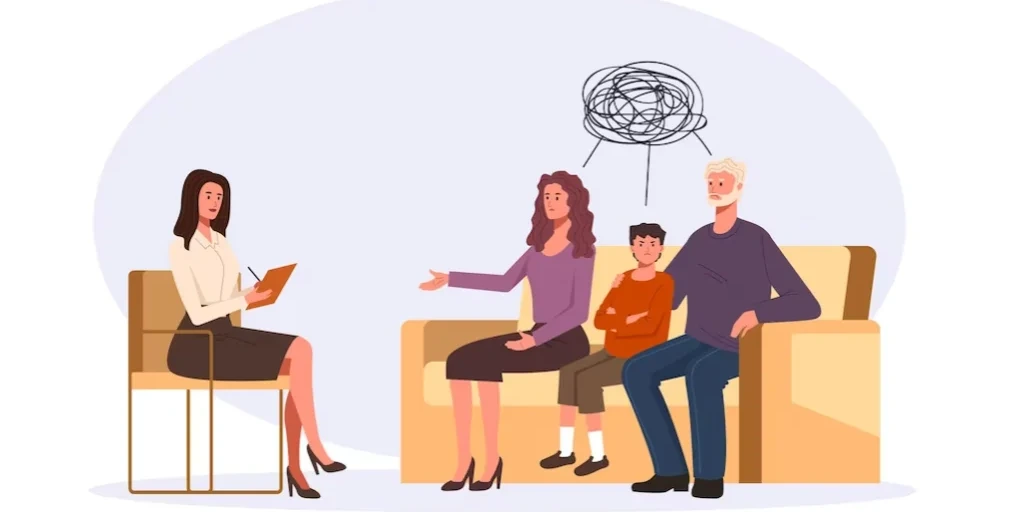24/7 Helpline:
(866) 899-221924/7 Helpline:
(866) 899-2219
Learn more about Bipolar Disorder Treatment centers in Cartersville
Bipolar Disorder Treatment in Other Cities

Other Insurance Options

Regence

CareFirst

CareSource

Absolute Total Care

Lucent

Cigna

Health Partners

Sutter

Premera

Carleon

Horizon Healthcare Service

Health Choice

BlueShield

MHNNet Behavioral Health

Sliding scale payment assistance

Kaiser Permanente

BHS | Behavioral Health Systems

Coventry Health Care

Humana

American Behavioral

Highland Rivers Health – Bartow Recovery and Wellness Center
Highland Rivers Health provides a variety of treatment programs and services to meet your individual...

Family Counseling and Recovery Center
Family Counseling and Recovery Center is a private rehab located in Cartersville, Georgia. Family Co...

Georgia Mental Health and Substance Abuse Center
Georgia Mental Health and Substance Abuse Center is a private rehab located in Cartersville, Georgia...

The ROC Clubhouse
The ROC Clubhouse helps youth with mental health issues build self-esteem, resiliency and life skill...

Cartersville Center
Cartersville Center is a private rehab located in Cartersville, Georgia. Cartersville Center special...



































Alliance Counseling Associates
Alliance Counseling Associates is a private counseling clinic located in Cassville, Missouri. Allian...

Heartland Center for Behavioral Change – Casville Outpatient Clinic
Heartland Center for Behavioral Change–Cassville Outpatient Clinic, in Cassville, Missouri, provides...














































